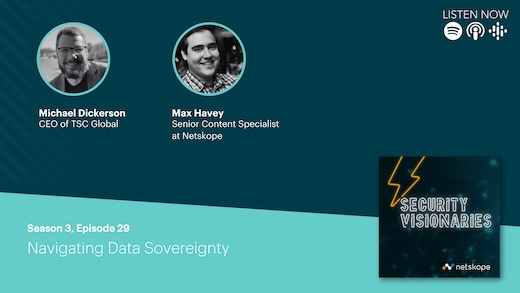State-sponsored threat actors continue to exploit legitimate cloud services. In their latest campaign, uncovered by Malwarebytes during January 2022, the North Korean group Lazarus (AKA HIDDEN COBRA) has been carrying out spear phishing attacks, delivering a malicious document masquerading as a job opportunity from Lockheed Martin (37% of malware is now delivered via Office documents).
This campaign has two notable characteristics: the exploitation of Windows Update to execute the malicious code and bypass the security mechanisms, and the exploitation of GitHub as the command and control infrastructure. This second aspect is particularly interesting since it confirms the attraction of opportunistic and sponsored threat actors to cloud services, and not only to distribute ransomware. We have already seen recent cyber espionage campaigns carried out by APT groups, exploiting the likes of Slack and Dropbox.
As the researchers point out: “Using Github as a C2 has its own drawbacks but it is a clever choice for targeted and short term attacks as it makes it harder for security products to differentiate between legitimate and malicious connections.”
Evasion is the key element here, but another interesting aspect is the simplicity of operation since the creation of a rogue GitHub account is a much simpler operation than setting up dedicated infrastructure for the attack.
How Netskope mitigates the threat of legitimate cloud services exploited for the command and control infrastructure
GitHub is one of the thousands of services where the Netskope Next Gen SWG can provide granular access control, and one of the dozens for which instance detection is also available. To defend against attacks where a legitimate cloud service is exploited to host the malicious command and control infrastructure, it is possible to configure a policy that prevents potentially dangerous activities (such as upload and download) in non-corporate instances. It is possible to make the scope of the policy broader, blocking these activities for any unneeded cloud storage service that can potentially be exploited as a command and control, as a relay (hosting the command and control descriptors), or even to distribute malware.
Netskope customers are also protected against malware by Netskope Threat Protection, which has recently achieved the 2021 On-Demand Malware Detection certification from SE Labs with 100% threat detection on both known malware samples and unknown malware samples and a 0% false-positive rate. Netskope Threat Protection scans web and cloud traffic to detect known and unknown threats with a comprehensive set of engines including signature-based AV, machine learning-based detectors for executables and office documents, and sandboxing.
Finally, Netskope Advanced Analytics provides specific dashboards to assess the risk of rogue cloud instances being exploited to deliver malware or becoming the target of anomalous communications, with rich details and insights, supporting security teams in the analysis and remediation process.
Stay safe!




 Zurück
Zurück 





















 Den Blog lesen
Den Blog lesen